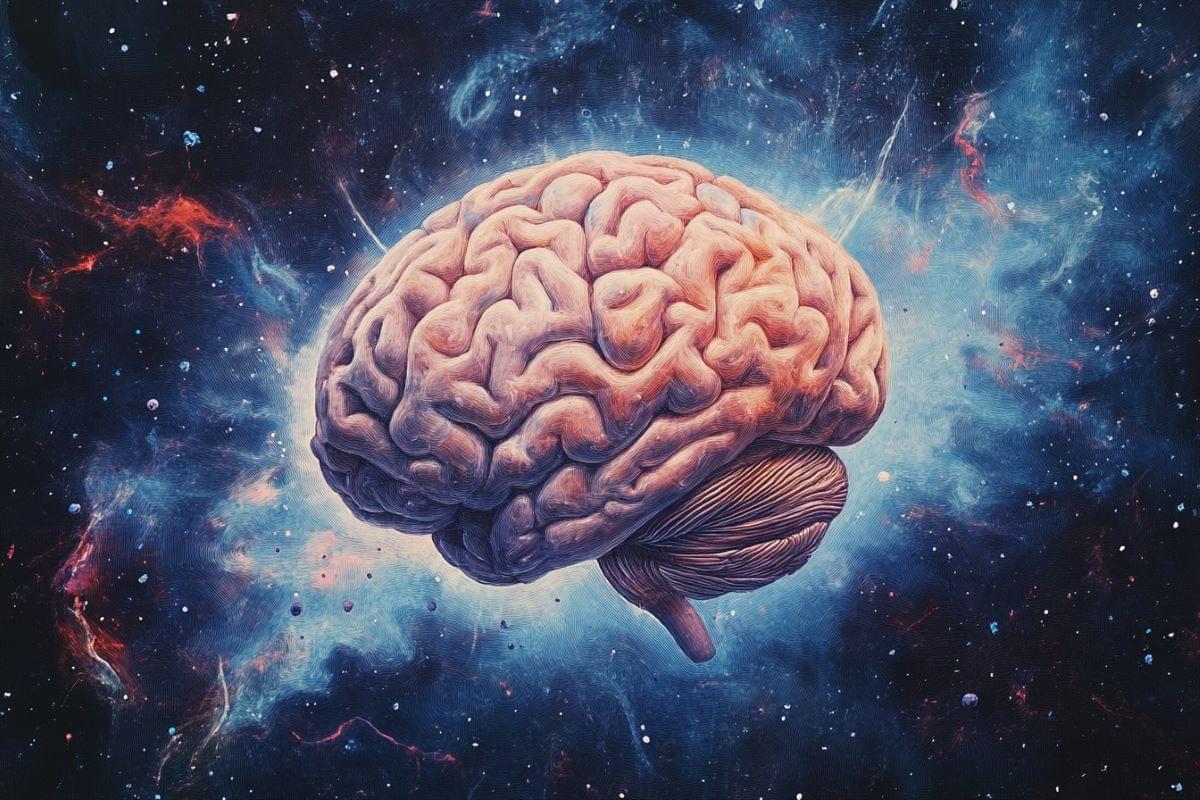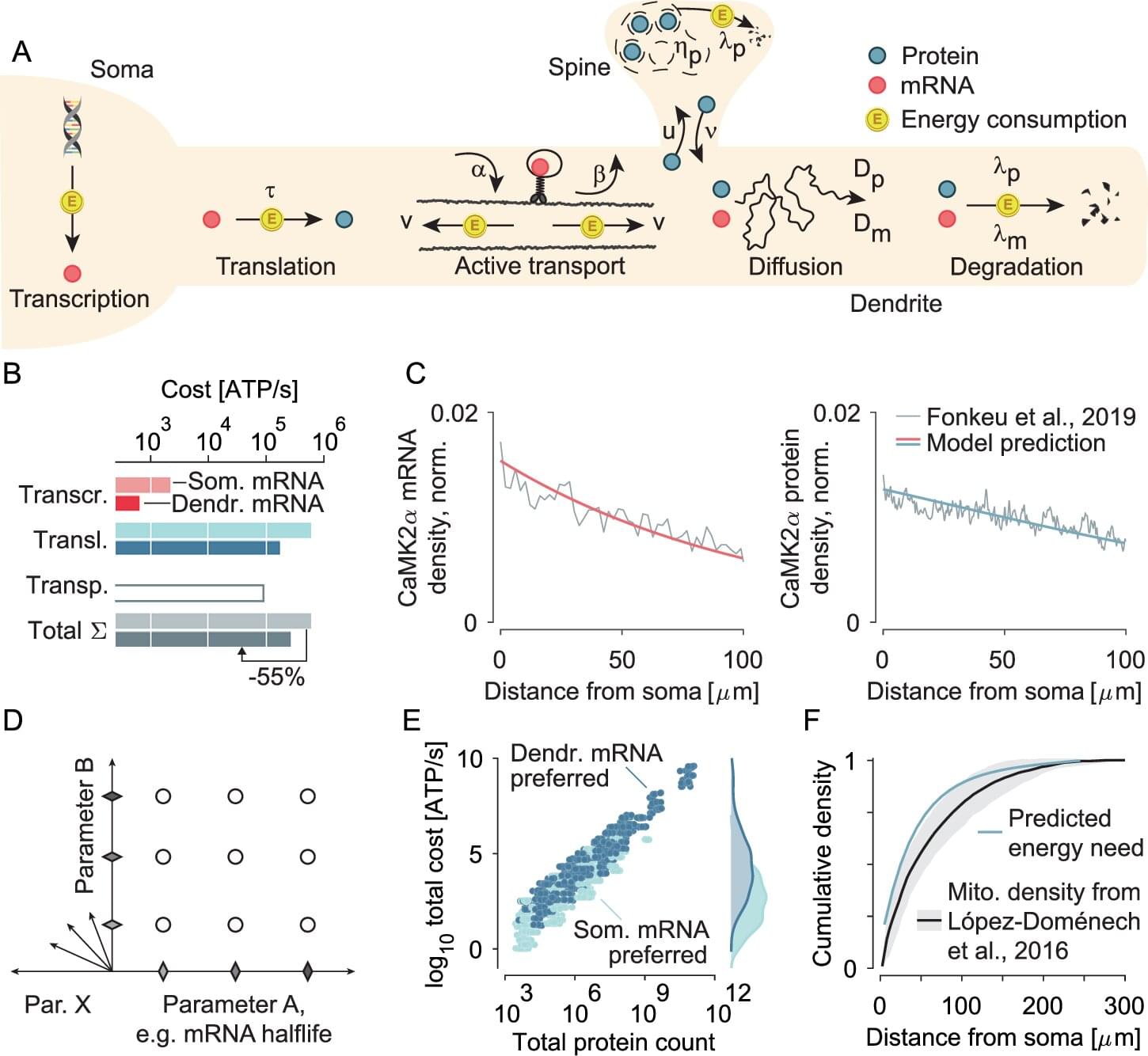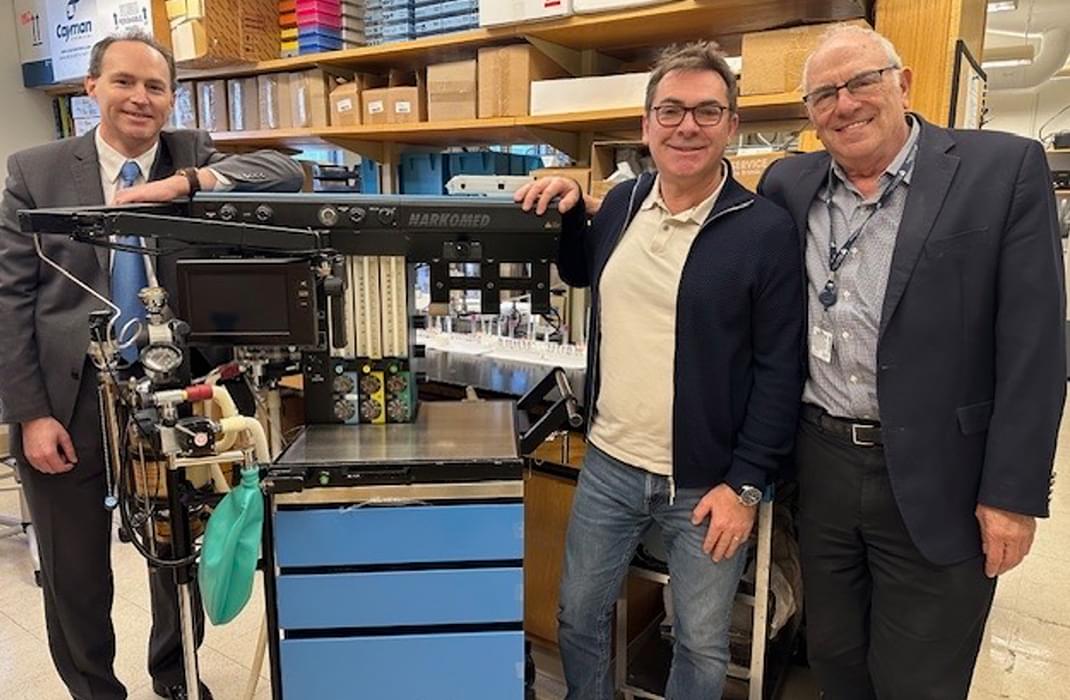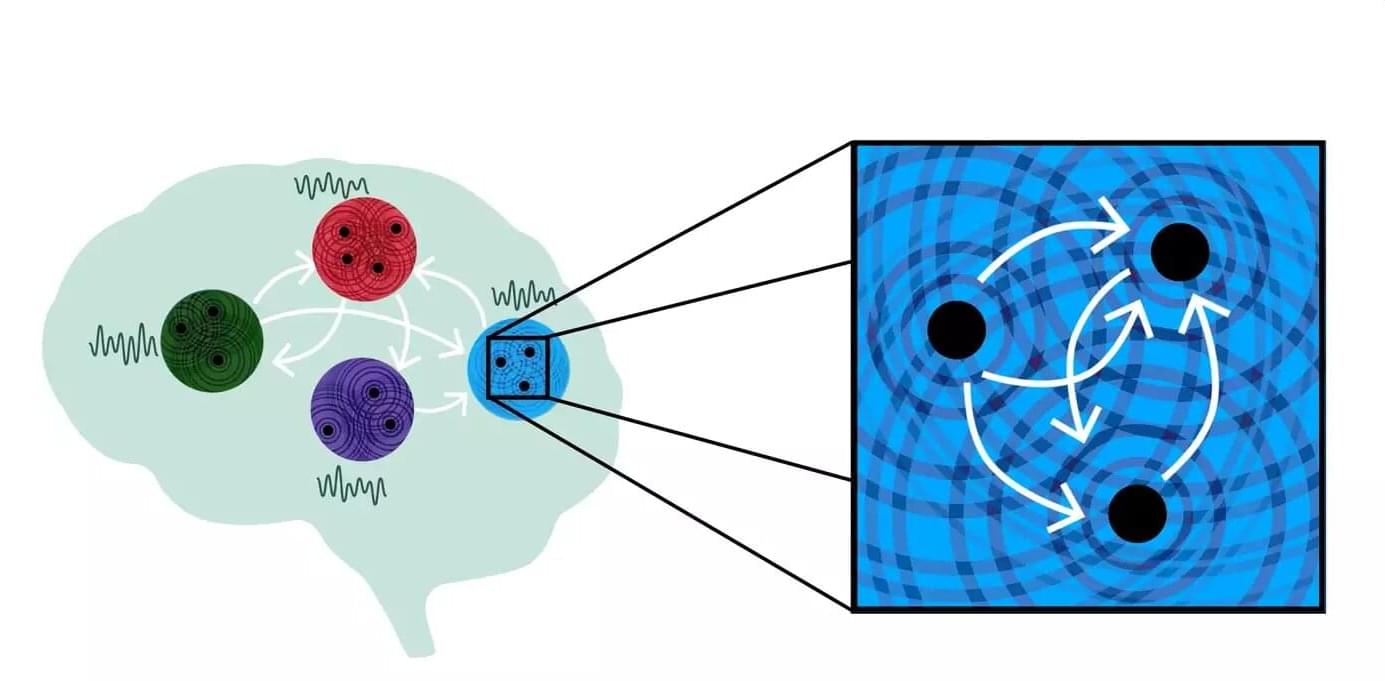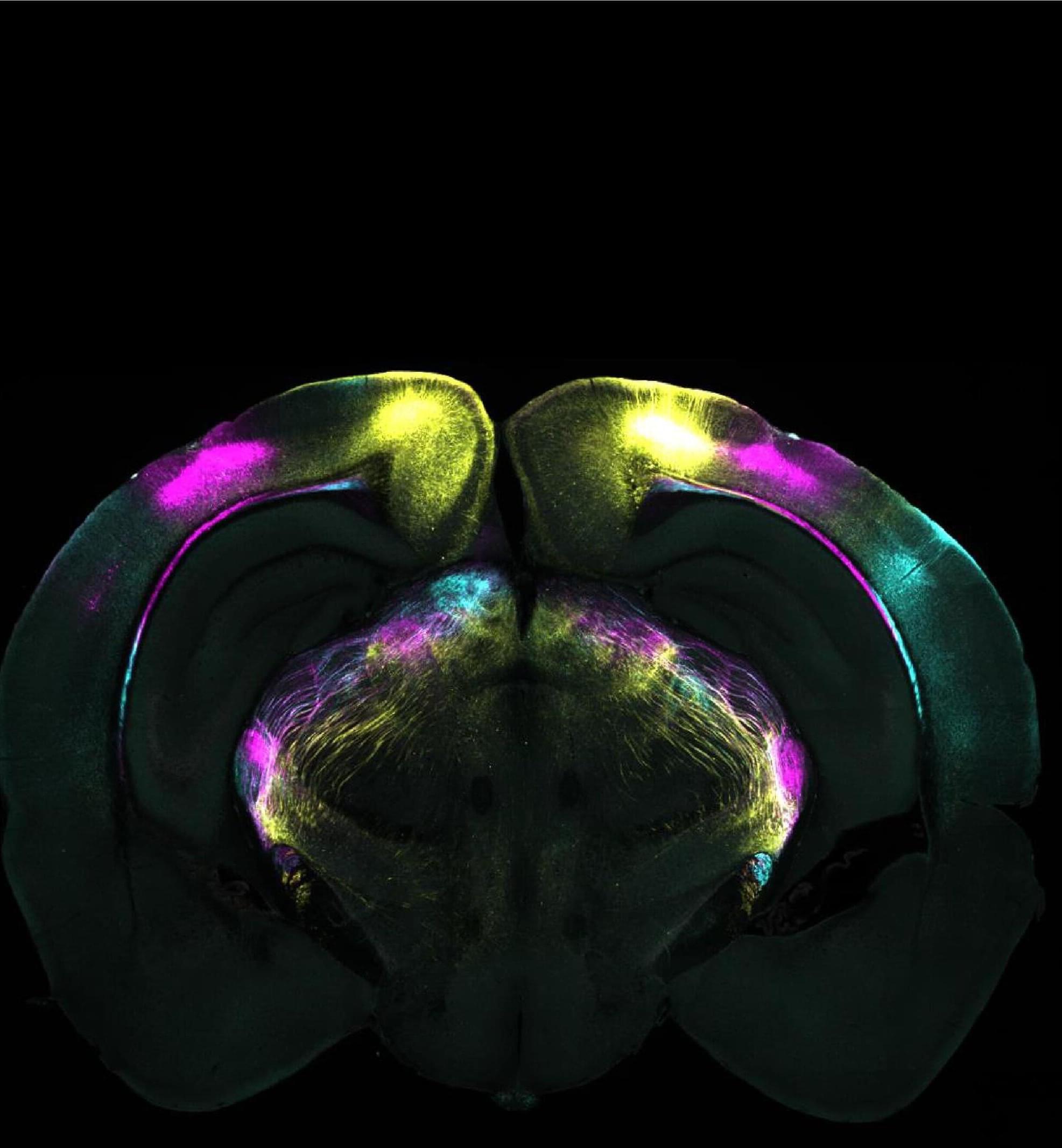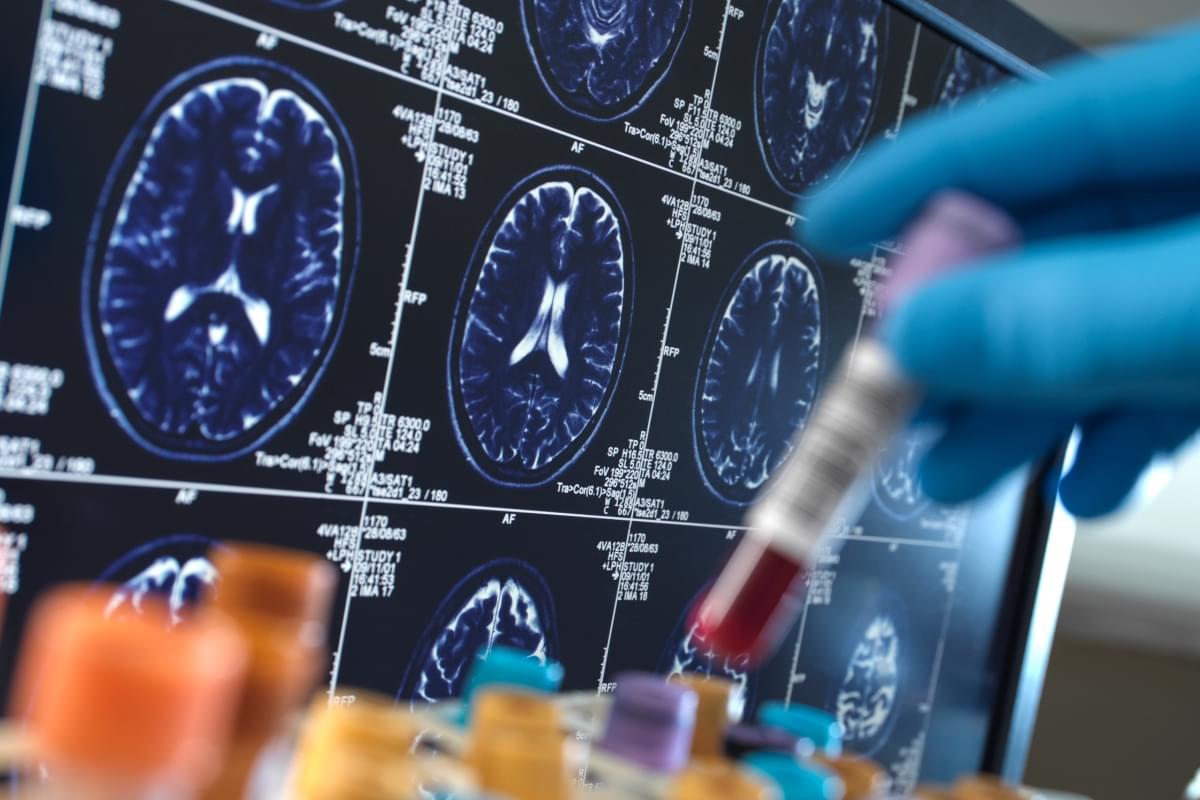Xenon gas inhalation reduced neurodegeneration and boosted protection in preclinical models of Alzheimer’s disease. Most treatments being pursued today to protect against Alzheimer’s disease focus on amyloid plaques and tau tangles that accumulate in the brain, but new research from Mass General Brigham and Washington University School of Medicine in St. Louis points to a novel — and noble — approach: using Xenon gas. The study found that Xenon gas inhalation suppressed neuroinflammation, reduced brain atrophy, and increased protective neuronal states in mouse models of Alzheimer’s disease. Results are published in Science Translational Medicine, and a phase 1 clinical trial of the treatment in healthy volunteers will begin in early 2025.
“It is a very novel discovery showing that simply inhaling an inert gas can have such a profound neuroprotective effect,” said senior and co-corresponding author Oleg Butovsky, PhD, of the Ann Romney Center for Neurologic Diseases at Brigham and Women’s Hospital (BWH), a founding member of the Mass General Brigham healthcare system. “One of the main limitations in the field of Alzheimer’s disease research and treatment is that it is extremely difficult to design medications that can pass the blood-brain barrier — but Xenon gas does. We look forward to seeing this novel approach tested in humans.”
“It is exciting that in both animal models that model different aspects of Alzheimer’s disease, amyloid pathology in one model and tau pathology in another model, that Xenon had protective effects in both situations,” said senior and co-corresponding author David M. Holtzman, MD, from Washington University School of Medicine in St. Louis.
